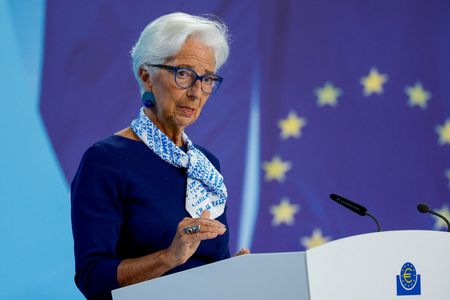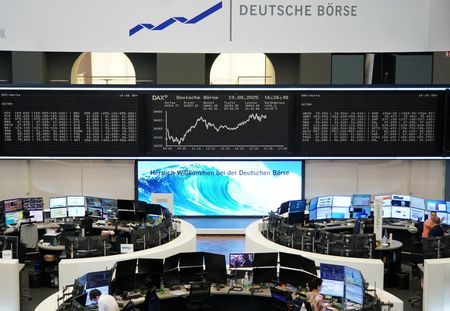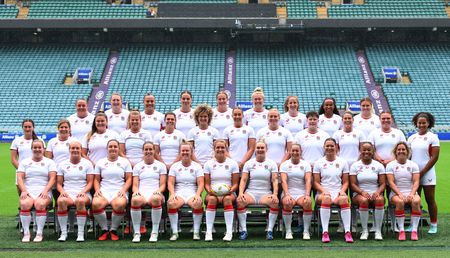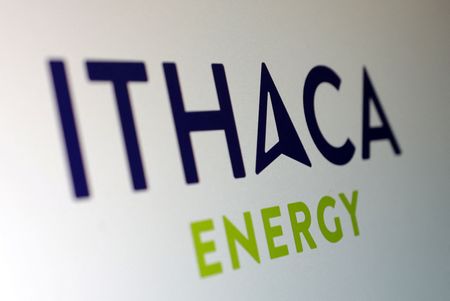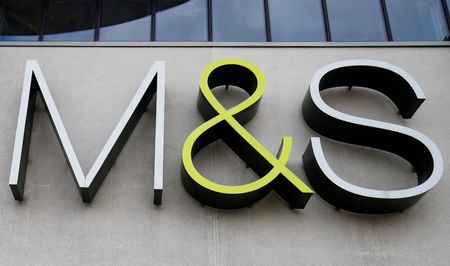By William Schomberg and David Milliken
LONDON (Reuters) -British inflation hit its highest in 18 months in July when it increased to 3.8% from 3.6% in June, official data showed on Wednesday, once again leaving the country with the biggest price growth problem amongst the world’s big rich economies.
As well as the rise in the headline rate, which was the highest since January 2024, inflation in Britain’s services sector – which is watched closely by the Bank of England – accelerated to 5% from 4.7% a month earlier.
The BoE had expected headline inflation to rise to 3.8% in July with services prices rising by 4.9%. Economists polled by Reuters had mostly expected rates of 3.7% and 4.8% respectively.
Sterling rose slightly after the data was published.
The BoE cut interest rates this month but only after a narrow 5-4 vote by policymakers and the Monetary Policy Committee suggested it would slow the already gradual pace of its reduction in borrowing costs due to inflation’s persistence.
“Today’s inflation data will reinforce the Monetary Policy Committee’s cautious approach to cutting interest rates going forward,” Martin Sartorius, principal economist at the Confederation of British Industry, said.
“While inflation is projected to ease next year, the risk of second-round effects means that the MPC will not race to loosen policy in the near term.”
Inflation in Britain is running higher than in the United States, where it held at 2.7% in July, and in the euro zone where it is expected to remain around the European Central Bank’s 2% target over the coming years.
By contrast, the BoE thinks British inflation will hit 4% in September, double its target, and stay above 2% until mid-2027.
Some of the difference with inflation in other countries reflects how energy and other utility prices are regulated in Britain. Big increases in utility bills in April have boosted year-on-year inflation comparisons.
Britain’s relatively tight labour market, which economists say has become more rigid since Brexit, is also putting upward pressure on prices. Wage growth in Britain has slowed but at about 5% it is too high for the BoE to feel comfortable about consumer price inflation returning rapidly to 2%.
Furthermore, employers say that a tax increase on them in April and a big jump in the minimum wage are forcing them to put up prices.
Wednesday’s data showed the biggest contributor to the rise in inflation in July was from transport, particularly air fares.
Food and non-alcoholic drink prices – which the BoE says are big influences on how the public thinks about the inflation outlook – were 4.9% higher than a year earlier, the biggest rise since February 2024.
ONS data published last week painted a picture of an economy with enough momentum to keep inflation high. Output grew by more than expected in the second quarter and the labour market, while still losing jobs, showed signs of stabilisation.
Data published earlier on Wednesday showed basic pay settlements by British private-sector employers held at 3% in the three months to July for the eighth monthly report in a row by data firm Brightmine.
(Writing by William Schomberg; Editing by Toby Chopra and Emelia Sithole-Matarise)



